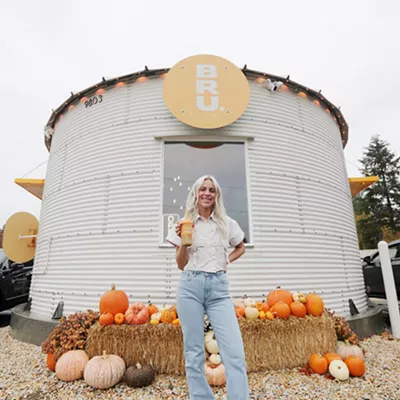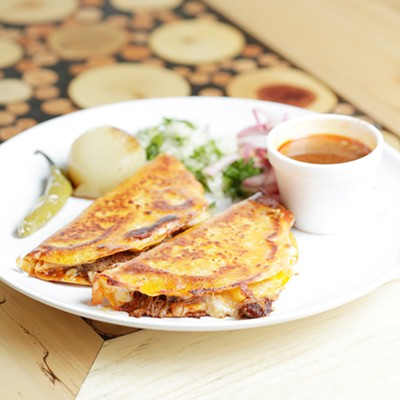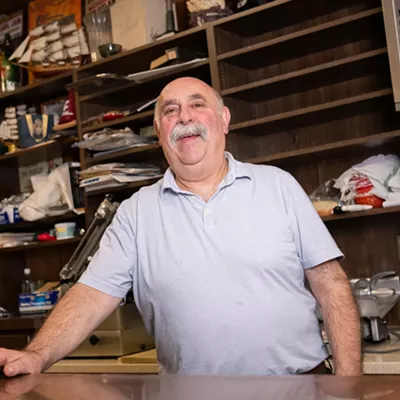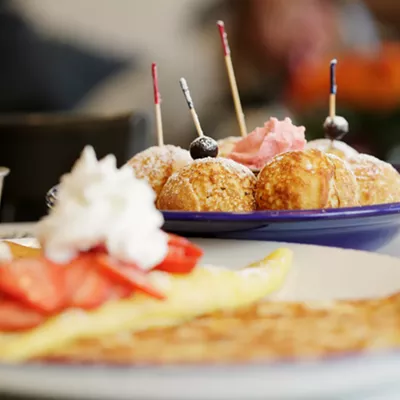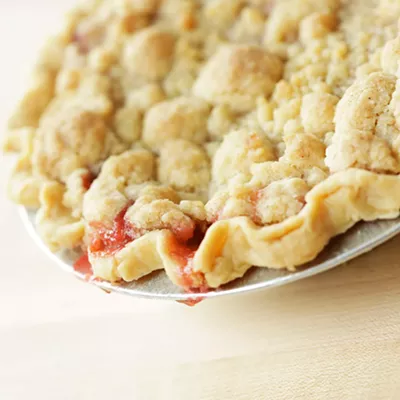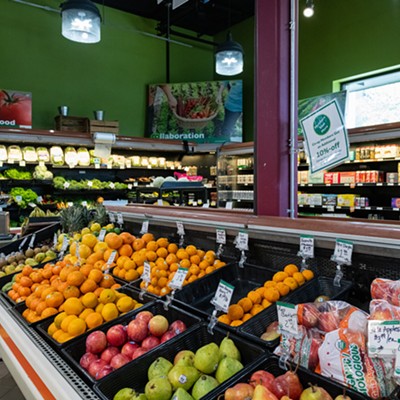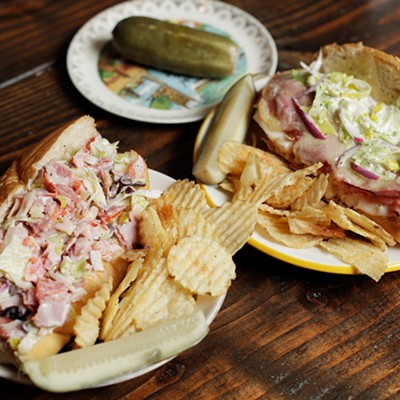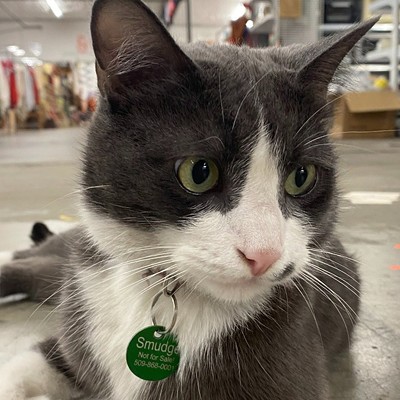
Lil' Sumthin' Saloon, a tiny, Western-themed cocktail bar in downtown Spokane, celebrated its grand opening on New Year's Eve 2019.
COVID-19 shut down the U.S. economy just three months later.
At the time, mid-March 2020, owner Kryston Skinner and her partner Austin Estrada thought they'd be closed for just a few weeks and soon back behind the bar. Skinner remembers thinking it would actually be a welcome break after their successful and busy debut.
Almost six months later, however, in early September, Lil' Sumthin' was still closed and unable to open because the bar didn't sell food. So the couple pivoted, adding gourmet hot dogs and pre-made cocktails to their to-go-only menu. The bar's size is too small to justify opening at limited capacity.
Now, nearly a year after the initial pandemic shutdown, Skinner and Estrada have reinvented the business again for what's now its third iteration. Earlier this month, they rebranded and reopened as Hey Y'all, a coffee shop that also offers art, gift items and cocktails to go. At this point, they're not sure if Lil Sumthin' will return to its initial, pre-COVID format. There are too many unknowns at play.
"The to-go cocktails didn't work for us," Skinner says. "I don't feel like it's a market in Spokane, and even as a consumer myself, I want to get out of the house. Don't get me wrong, I love the option of drinking at home and having drinks delivered, but I want to create an in-person experience in a safe way."
The financial losses that Lil' Sumthin' accrued during those months of to-go-only sales, paired with last spring's complete two-month shutdown, proved to be an untenable long-term option.
"This gives us a chance to flex more with creativity and expression, reinventing the whole thing and starting over, making Hey Y'all more art-centric," Estrada says.
Frequent business model shifts due to ever-changing restrictions on public gatherings have become commonplace among the region's independently owned restaurants and bars this past year.
Late last week, Gov. Jay Inslee announced that most of the state, including the Eastern Washington region, would move to Phase 2. The change was welcome news to most restaurants, which can now serve customers indoors at 25 percent capacity with other safety practices in place. But with only a few days to prepare, food service workers were again scrambling, while others opted to further postpone reopening because a quarter of normal operations is not cost-effective.
One of those operators on the fence about reopening some of his establishments is chef Tony Brown.
Brown just finished tearing out the 20-foot mahogany bar inside his creative upscale spot Eyvind, which opened in late 2019. He's swapping out the bar for a row of deli cases.
"It's going to be kind of grab-and-go. I'll be doing salads, sandwiches, pastas and whatever, but I'm also going to experiment, and we'll have a menu of available meal kits," Brown says.

The first meal-kit recipes are for roasted chicken with harissa and Persian rice, bucatini carbonara, and kimchi fried rice. Customers can find updates on new menu items and ordering by following Brown's restaurants (Hunt, Eyvind, Ruins, Stella's Cafe) on social media and online at ruinstogo.com.
Meanwhile, at the much smaller Ruins, Brown's sister-in-law is setting up a pop-up-style vintage clothing shop in the dining room, since 25 percent capacity of that space would only allow nine diners at once. Ruins' kitchen will remain open to serve grab-and-go food.
For Brown, the challenges have him thinking far beyond merely surviving until life can return to a semblance of normal.
"We've now had time to think about what we want to do moving forward," he says. "Some of us have been doing this for a long time, and have had time to think about making things more personalized and streamlined. I'm doing this so I can have a bit more control over the food, and over labor. If this works, it's kind of ideal for me. I've kind of always wanted to stand behind a deli case and wear a little paper hat. I like explaining and talking about what I do."
While he can't yet say if Eyvind's new format will be permanent, Brown is concerned that many people who've not dined out for a whole year will exit the pandemic with new habits.
"Once we're open full bore, masks to the wind, I think there are going to be a lot of people who are like 'We saved $300 this month because we didn't eat out as much, and we like to sit around and cook,' which is great," he says. "But how do I reach out and grab those people because now they're no longer coming out once or twice a week to my restaurant?"
Big changes during the coronavirus also materialized for another local culinary professional who recently left his post as executive chef to launch a food truck.
Chef Steve Jensen gave notice to Hotel Indigo's Magnolia American Brasserie last week and is getting ready to debut his new project, Borderless Kitchen and Coffee, in the next two months.
"I helped get Magnolia up and running, but we were only open for four of the last 12 months," Jensen says. "I've always wanted to do my own thing, and to be my own boss, and with all this extra time on my hands I started looking into all the different options."
Jensen settled on a food truck for its flexibility and somewhat "pandemic-proof" operating model. He plans to serve a concise, rotating menu of globally inspired cuisine that includes everything from Cajun-style andouille sausage rolls and bao buns to Philly cheesesteaks and teriyaki bowls.
"I want to have things from all over the world and the country," he says. "It's all kind of street-food themed but done in my own style, and all from scratch, making it a little more special but keeping it super affordable in the $8 to $15 range."
Jensen plans to use the venture to give back to the community by supporting local nonprofits Big Table Spokane and the Jonah Project. He's also looking forward to the flexibility that comes with being a mobile kitchen, and setting his own hours so he can spend more time with his fiancee and two young sons.
"This is something I've thought about before a bunch of times, but I never had the time to put a lot of energy and research into it because I've worked so much the last 16 years," Jensen says. "This is a way I can help take care of my family and keep doing what I love, but not worry about having a dining room and restrictions." ♦



